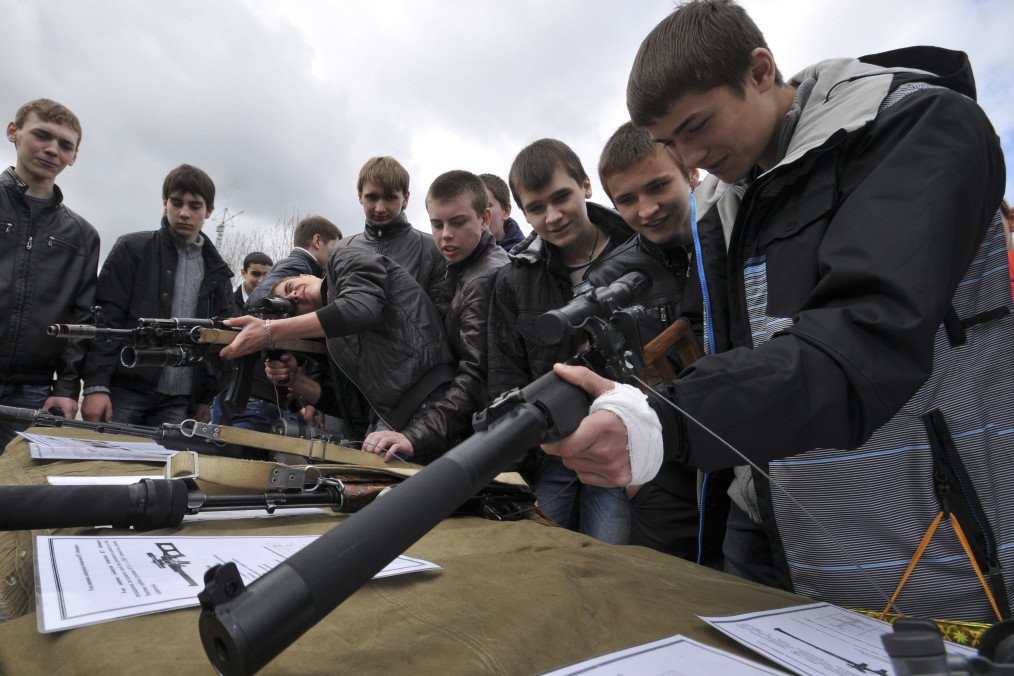- Category
- Latest news
Russia Recruits Ukrainian Teens for Espionage and Sabotage via Telegram, Financial Times Reports

Russia’s security services are exploiting Ukrainian teenagers through encrypted messaging platforms, luring them with promises of “easy money” to commit sabotage, espionage, and even acts of terrorism, Financial Times reported in June 30.
According to the FT, citing Security Service of Ukraine (SBU), Russian operatives reach out to minors on Telegram, Discord, WhatsApp, and Viber, offering up to $1,000 for seemingly simple tasks — photographing military equipment, transmitting coordinates, or setting fire to strategic sites. In some cases, children are instructed to plant explosives.
One such case involved a 16-year-old boy in Dnipro. Blending easily into the crowd, he was caught with photographs and location data on his phone — intelligence that was meant to guide Russian strikes. The teenager had been recruited via Telegram and received instructions and targeting coordinates directly from Russian handlers.
SBU spokesperson Artem Dekhtiarenko told the Financial Times that since spring of last year, Ukraine’s security services have detained over 700 individuals linked to espionage, arson, and bombing plots coordinated remotely by Russian intelligence. Alarmingly, about 175 of them — roughly one in four — were minors under the age of 18.

SBU Chief Lt. Gen. Vasyl Malyuk condemned the practice: “The enemy is aggressive, committing various crimes against national security, including recruiting agents from among our own citizens.”
One of the most disturbing cases occurred in Kharkiv, where a 19-year-old woman was arrested for allegedly bombing a military-donated e-scooter, killing one Ukrainian soldier and injuring another. Authorities say she had responded to a Telegram job posting and was instructed by Russian agents on how to build and plant the explosive device.
At times, Russian operatives disguise their recruitment efforts as “quests” — scavenger hunt-style games that appeal to teenagers and lure them into carrying out tasks under the illusion of harmless fun.
Yulia Gorbunova, senior Ukraine researcher at Human Rights Watch, emphasized that children are entitled to special protections both in peacetime and during war — even when they are seen as security threats or suspected of committing crimes against national interests.

“When children are suspected of unlawful acts, authorities are obliged to treat them in accordance with international juvenile justice standards, prioritising rehabilitation and reintegration,” she said.
She added that detention should be used only as a last resort, emphasizing that children must have access to legal counsel as soon as their age is confirmed, with priority given to their rehabilitation and reintegration.
Ukrainian officials insist that due process is being followed. According to Dekhtiarenko, minors charged with treason have been granted legal representation. While none of the juvenile cases have gone to trial yet, some are expected to proceed this year.
Earlier, SBU, in cooperation with the National Police, is continuing its nationwide awareness campaign “Expose the FSB Agent” through in-person meetings with school and college students.
According to a national telethon broadcast, at least 14 teenagers have been recruited by Russian intelligence since the beginning of the year, with the aim of involving them in terrorist activities.



-c439b7bd9030ecf9d5a4287dc361ba31.jpg)

-111f0e5095e02c02446ffed57bfb0ab1.jpeg)

